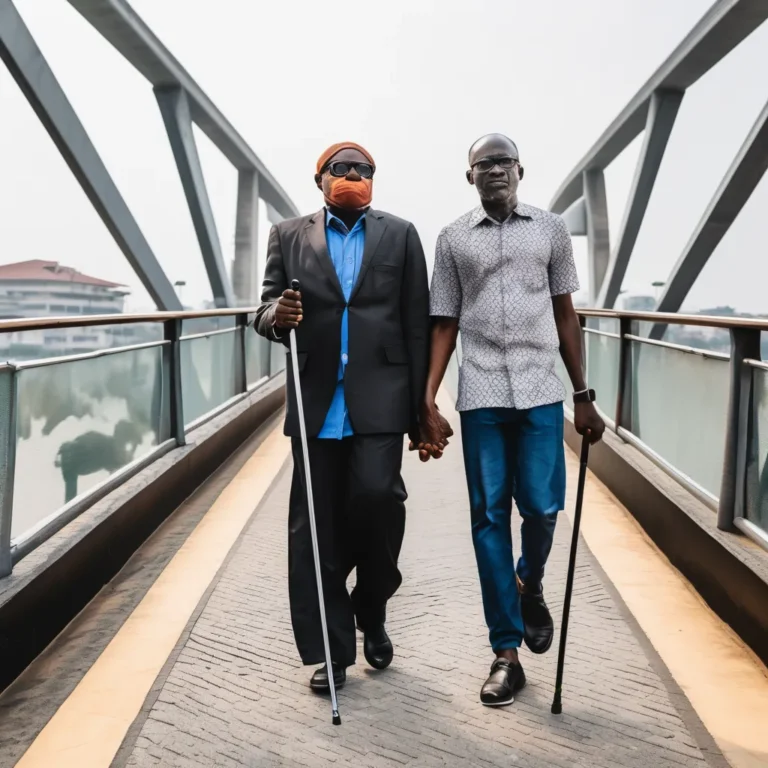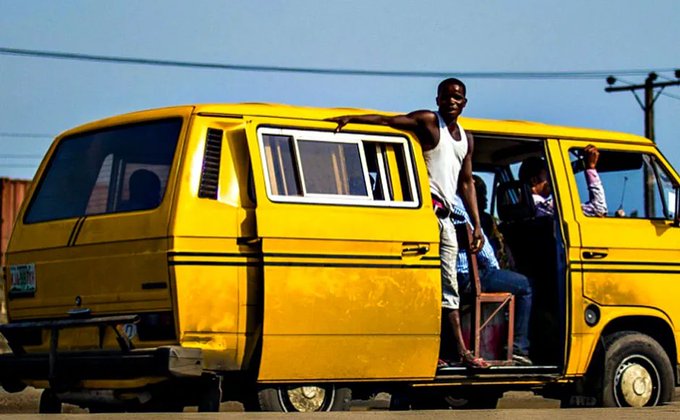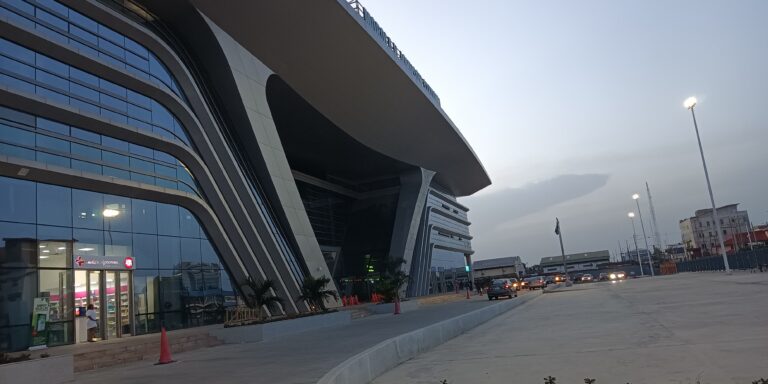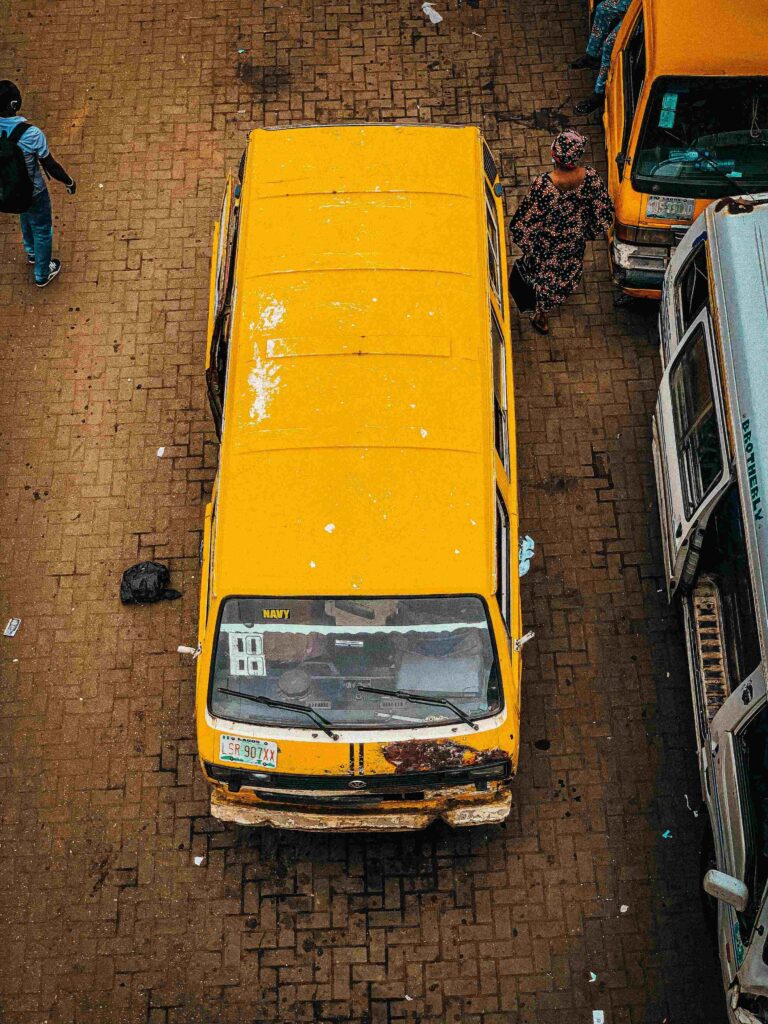Work is over. Grab your stuff. Wait for a bus or hail a taxi. Get home on time. That is how it should normally be, but Lagos is not normal.
“TGIF or Thank God it’s Friday!” is a phrase common in Nigeria, said on the last day of a workweek. Lagosians do not thank God because a workweek comes to an end on a Friday, they thank God when they can get home.
Many other towns and cities have the luxury of time on Friday evenings, thus they could fix parties on those days. In Lagos, we often prefer Saturdays for such parties or ‘owambes’ because, though we fear Mondays, we dread Fridays.
Fridays are days we arrive at work on time but do not know when we will get home. The roads are clogged and no buses are available to convey us back home, even when most people will be travelling home for the first time that week.
In Lagos, people could live miles away from their work. Why? Many employees are unable to afford housing near work so they travel on Monday mornings away from their families. They go near work, living in the office or a shared apartment on “The Island”. This apartment may be a room in the “Boys’ Quarter” of a mansion in Ikoyi, a mansion no one lives in. This small space is rented out to four married men by the security guard of the house.
Though Monday mornings and Friday evenings are notorious for traffic jams in Lagos, the experience is different for both days. On Monday mornings, commuters are in a hurry, but on Friday evenings, Lagosians exercise a lot of patience. We reason that on Friday evenings, we are in no hurry since we are heading home. Besides, the following day will not be a work day. So when the fares triple because of the scarcity of buses, commuters will wait and maybe have a snack while waiting.
Rain falling during the wait is a bad omen. Rain has a multiplying effect on Lagos traffic intensity, so commuters will be uncertain when the next bus with the right fare will arrive. For instance, if the fare from the Cele bus stop to Oshodi is 50 naira, most commuters will shun buses charging 100 or 150 Naira. They may go on to abuse passengers patronising those. The strategy of the majority would be to wait, even if it means waiting for hours.
They will be waiting when, for instance, one bus arrives with the conductor calling out “Oshodi waso…Oshodi waso…“, (“waso” being slang for 50 Naira derived from the three Nigerian tribes represented in the design). Well, this bus will be calling the right fare.
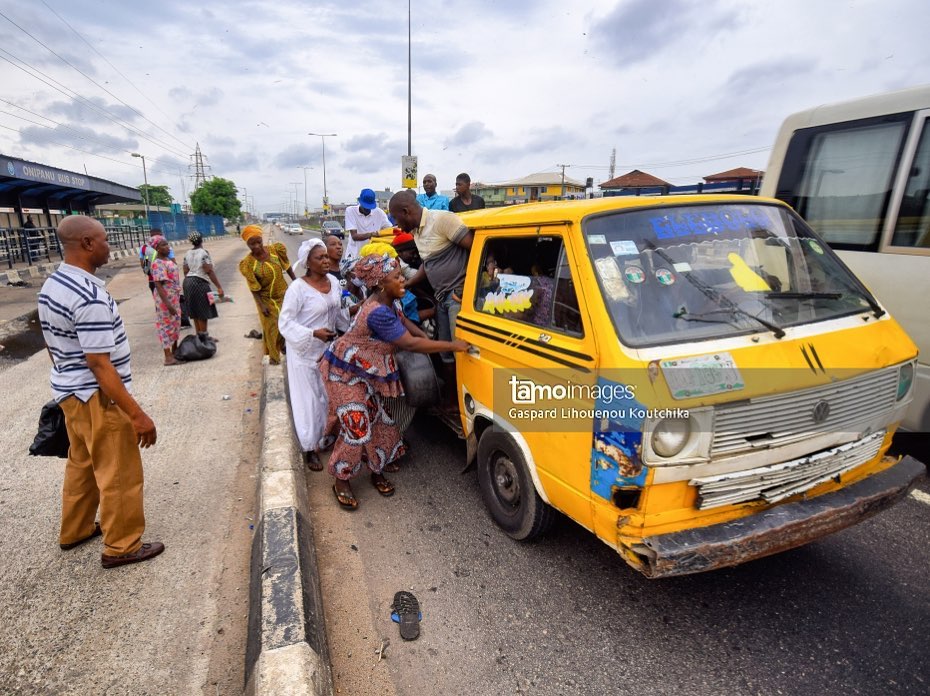
This will start a scramble. The young, and old, men and women heading in that direction will run towards the bus. Those buses with the right fare are often tricky. From far away they will announce their presence. They will not stop properly to carry passengers but will be in motion.
The message to passengers is clear as it is unsaid: “Run!” One does not need to think of status or dressing, just run towards the bus, because as a Pidgin proverb states, “shame no dey bus race”. Someone struggling for a seat on the bus needs to be conscious of his wallet and phone because some in that crowd are not after the bus but the belongings of struggling passengers.
Sometimes, the struggle is so intense that passengers will find their way into the buses via the windows, but it is the Pharisee Bouncers that are more vexing. They are like what Jesus said:
“Woe to you, scribes and Pharisees, hypocrites! because you shut up the Kingdom of the heavens before men; for you yourselves do not go in, neither do you permit those on their way in to go in.”
Matthew 23:13- The Bible, New World Translation of the Holy Scriptures
These are those who hold on to the frame of the bus entrance and block others from entering, yet they will not go in themselves. They will use their backsides and shoulders to push others away.
There is a group though that does not bother much when the struggle is ongoing, they are the Freelancers, those who do not pay the fare. Often, some buses come with the first and most important of this group, call them the Staff. These are police or military personnel who join the bus at the bus stop. Drivers like them because there will be no “owo mi da!” during the trip and sometimes, they may break the law by plying BRT routes and will go unpunished.

The next group of Freelancers are the Watchers. These stand at the back of the bus such that their heads appear to hover over the bus like watchmen. Then there are the Hangers. These beg to stay in the hanging position of passengers. In addition, there are the Riders, who take the most risk, using the bus to propel their skating shoes as they go at high speed. It is however the Lapees that are the most comfortable. They are those who sit on the laps of others, sometimes strangers – necessity is the mother of invention, or so they say.
We Lagosians can package ourselves and make one believe that the “Oxford” we mention when talking about our education is the Oxford in England, but we may be referring to the dictionary in our house. However, when it comes to buses with the right fares on a Friday evening, the real Lagosian in us will manifest.
Life is about utilising the opportunity that presents itself as far as it is not wrong to do so. When buses are scarce on a Friday evening the one with the right fare appears, Lagosians remember that there is no shame in a bus race!
#life is tricky, outsmart it.
(“Shame no dey for bus race” is a rendering of an Ibibio proverb in Pidgin. The experience is culled from my 2017 journal EKOes, vol 4[reLIVING MEMORIES])
Your support is appreciated
I’m sure you enjoyed your experience here and would like to make a kind donation to me. Thank you, in advance!
